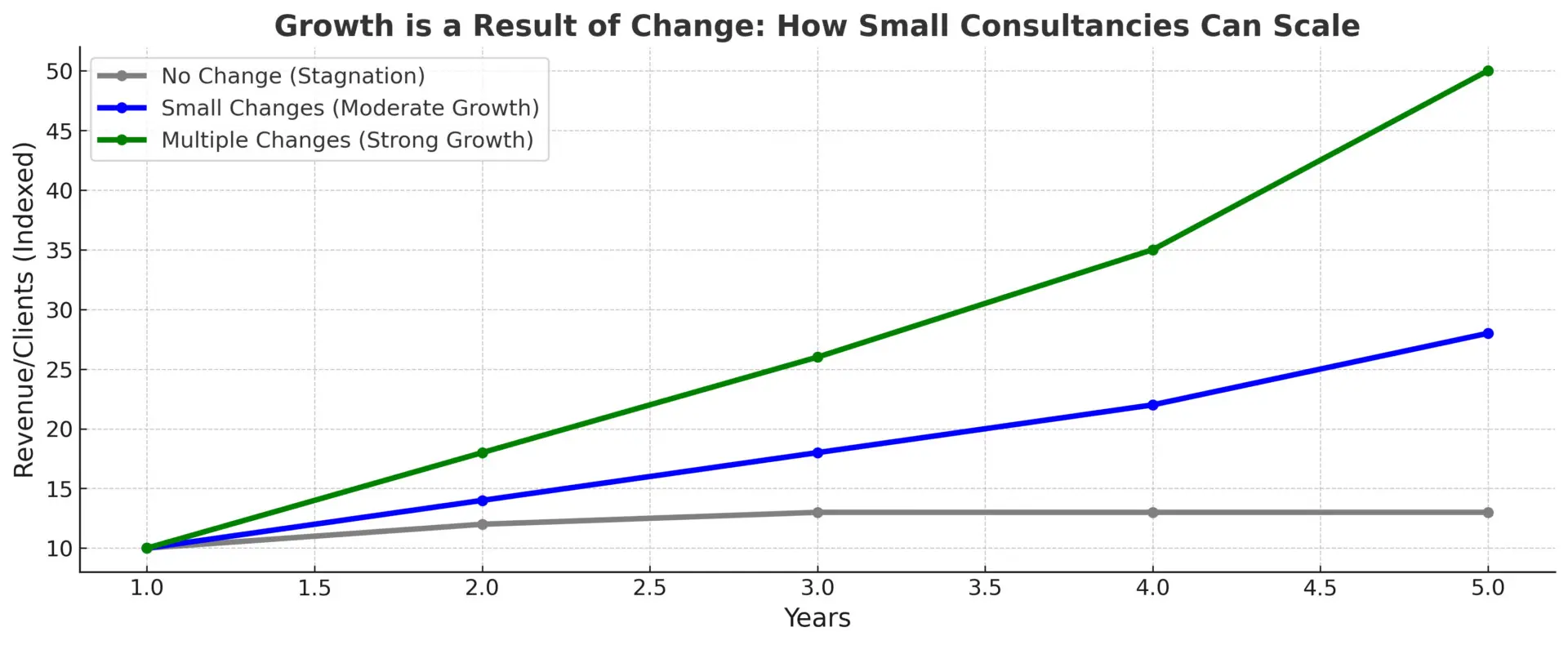
In the competitive tapestry of the modern business world, the quest for excellence remains paramount. Companies are relentlessly pursuing strategies that not only streamline operations but also significantly enhance the quality of their products and services. Amidst these endeavors, Total Quality Management (TQM) has emerged as a transformative approach, reshaping the way organizations view and achieve quality.
Total Quality Management transcends the traditional confines of quality control, evolving into a comprehensive philosophy that infuses every layer of an organization’s operations. It champions the idea that quality isn’t the sole responsibility of a specific department but a collective commitment shared across all levels of the company. This holistic strategy is anchored in a set of core principles that guide businesses toward operational excellence and customer satisfaction.
At the heart of TQM is a profound dedication to understanding and fulfilling customer needs. The methodology posits that the ultimate success of any organization lies in its ability to not just meet but exceed customer expectations, thereby turning satisfaction into delight. This customer-centric focus is complemented by an organizational culture that promotes the engagement and empowerment of employees. TQM underscores the importance of involving everyone in the organization in the process of continuous improvement, recognizing that each employee plays a crucial role in achieving quality objectives.
The process-oriented nature of TQM encourages organizations to scrutinize and refine their operational processes continuously. This approach not only enhances efficiency and quality but also fosters a seamless integration of various departments and functions, ensuring they work in harmony towards shared goals. Strategic planning becomes essential under TQM, requiring a methodical approach to identifying and leveraging opportunities for improvement.
Continuous improvement, or Kaizen, stands as one of the pillars of TQM, advocating for an ongoing effort to enhance products, services, and processes. This principle asserts that there is always room for improvement, no matter how small, and that cumulative changes can lead to significant enhancements over time.
In the realm of TQM, decisions are firmly rooted in data and evidence. This data-driven approach ensures that improvement efforts are not based on assumptions but on factual analysis, leading to more targeted and effective outcomes. Moreover, TQM emphasizes the importance of clear and transparent communication throughout the organization. Effective communication ensures that everyone is aligned with the quality goals and understands the processes and methodologies involved in achieving them.
Implementing TQM is not a superficial change; it demands a deep cultural shift within the organization. It involves rigorous quality assurance and control, a relentless pursuit of customer satisfaction, continuous employee development, and the cultivation of strong supplier relationships. These elements are integral to embedding quality into the fabric of the organization and making it a shared responsibility among all stakeholders.
The adoption of Total Quality Management can profoundly impact an organization, leading to improved product and service quality, heightened customer satisfaction, enhanced employee morale, and reduced operational costs. Beyond these tangible benefits, TQM offers a competitive edge in the market, positioning companies for sustainable success and long-term growth.
Total Quality Management represents a comprehensive approach to business excellence, where quality is not an endpoint but a continuous journey. By integrating quality into every aspect of the organization and fostering a culture of shared responsibility, TQM paves the way for companies to achieve unparalleled excellence and secure enduring customer loyalty in the ever-evolving business landscape.


